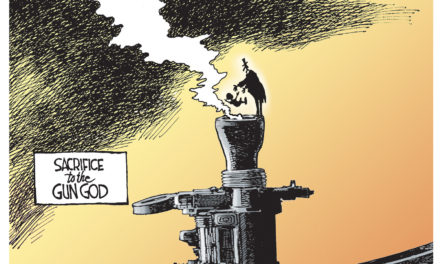In yesterday’s post, we questioned whether the needed changes in the PILOT program will ever get a fair hearing. We hope the same can’t be said about the proposal for a payroll tax.
With about 88,000 people driving into Shelby County every day to work, exacerbating one of the most regressive tax structures in the nation, the only tax reform proposal on the table deserves serious consideration. The proposal, called the Shelby County Fairness Program, has been advanced by conservative Shelby County Commissioner John Willingham, who has taken up the cause championed previously by former Memphis City Council Janet Hooks.
He believes there is a loophole in state law that could potentially give Shelby County the ability to enact a tax on the income of people who work in Shelby County, including those who are nonresidents of our community. He’s asked for the help of the county administration, and in response, his question has been forwarded to the Shelby County Attorney’s Office for a legal opinion.
Unlike its city counterparts, the Board of Commissioners does not have its own attorney. Its legal affairs are handled by the county attorney and his assistants, all of whom are appointed by the county mayor. While complaints about the office are as rare as tax cuts, it would remove any cloud about a politicized legal opinion if a special outside attorney, preferably someone with expertise in constitutional law, was appointed to consider the legal issues surrounding the payroll tax proposal.
In government, symbolism sometimes has more power than reality. The county attorney’s office has strong loyalties to the administration, which only makes sense because every member of the county’s legal staff – one of the largest law firms in the city – is appointed to their jobs by the county mayor. Most are politically active and reliable campaign contributors, so rather than ask for a legal opinion by current staff that could be questioned by some for its objectivity, an outside special attorney could resolve this question.
Shelby County Mayor A C Wharton has always been skilled at understanding the potency of symbolic actions, and an outside attorney to consider this question would say volumes about the values of his administration.



